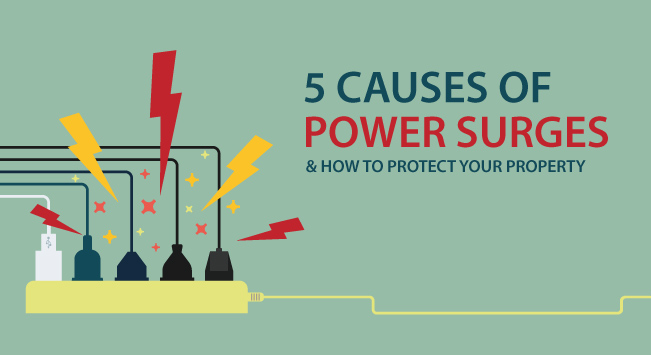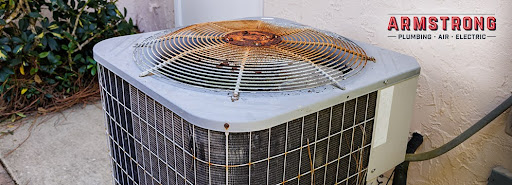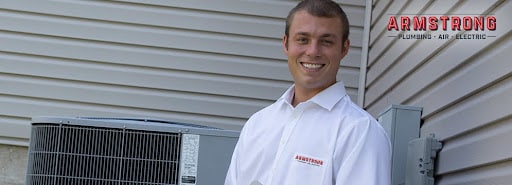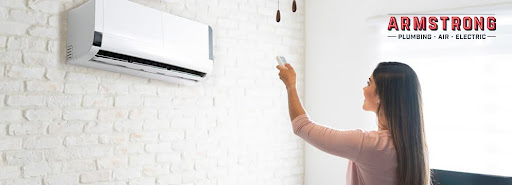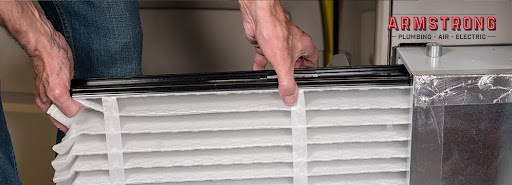Here in the Lubbock, Texas area we get our fair share of spring storms. This means there is always the possibility of severe weather that includes lightning strikes. These lightning strikes pose danger in more ways than one. They can be deadly on impact and also cause fires, but they can also cause substantial damage to residential and commercial areas through electrical power surges. Power surges can be a big problem for our customers, so Armstrong Plumbing, Air & Electric wants to make sure you have all the info on power surges: what causes them and what you can do to protect your home or business.
ELECTRICAL POWER SURGE
Power surges occur when the electrical wiring and circuits in your home or office experience a brief jolt – or surge – of high electrical voltage. When minor, they can cause electrical appliances and lightning to flicker or buzz. When more severe, they can burn up those appliances, damage your home’s wiring and cause electrical fires. Severe-weather-induced lightning strikes are not the only sparks of power surges, though. Here are five common causes for power surges:
- Circuit/Outlet Overload. Inspect the electrical outlets under your desk, behind furniture or anywhere else that several appliances or electronic devices are plugged in. If too many are plugged in, a circuit overload may occur and spark an electrical fire.
- Lightning strikes. As we said before, lightning strikes can cause power surges when they strike close by or hit utility equipment. Some strikes can spike the electrical current flowing into your home’s circuits by thousands or even millions of extra volts. The circuit boards of cable boxes, electronic equipment and appliances are no match for extra jolts of juice and can be fried in an instant. A surge protector may alleviate the damage, but sometimes shutting off the devices and appliances is the safer bet.
- Tree limbs. No, tree limbs do not emit electrical current, but they can be blown over or torn from trees during storms or high winds and fall onto power lines. When these lines are downed it can disrupt the electrical current flow going into your home or business.
- Faulty or damaged wiring. Electrical wiring that is frayed or exposed by other factors – such as pests like mice that like to chew on wiring inside of walls and ceilings – can cause power surges. They can also produce sparking that can lead to a smoldering fire inside your home that can become damaging and deadly.
- Electricity-guzzling appliances. Large appliances such as air conditioners and refrigerators use a lot of electricity. Sometimes, when they turn on or cycle on/off, you may notice a slight flicker in the lights. This is because they require such a large amount of electricity that they overload the circuit and override other smaller appliances.
PROTECT YOUR HOME OR BUSINESS
There are several things you can do to protect your home or business from damaging power surges. The first is to invest in a whole home surge protector. You can also install individual surge protectors at outlets. Another proactive measure is to call your friends at Armstrong Mechanical and have our professionally-licensed electricians inspect your home or business’s appliances and electrical system. Better Call Armstrong and keep your home safe from potentially dangerous power surges.


